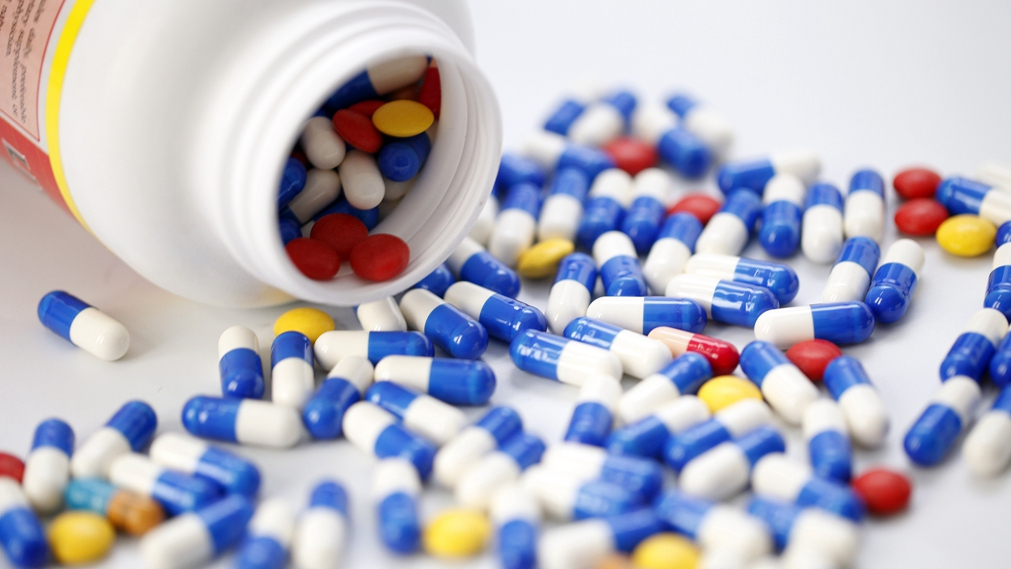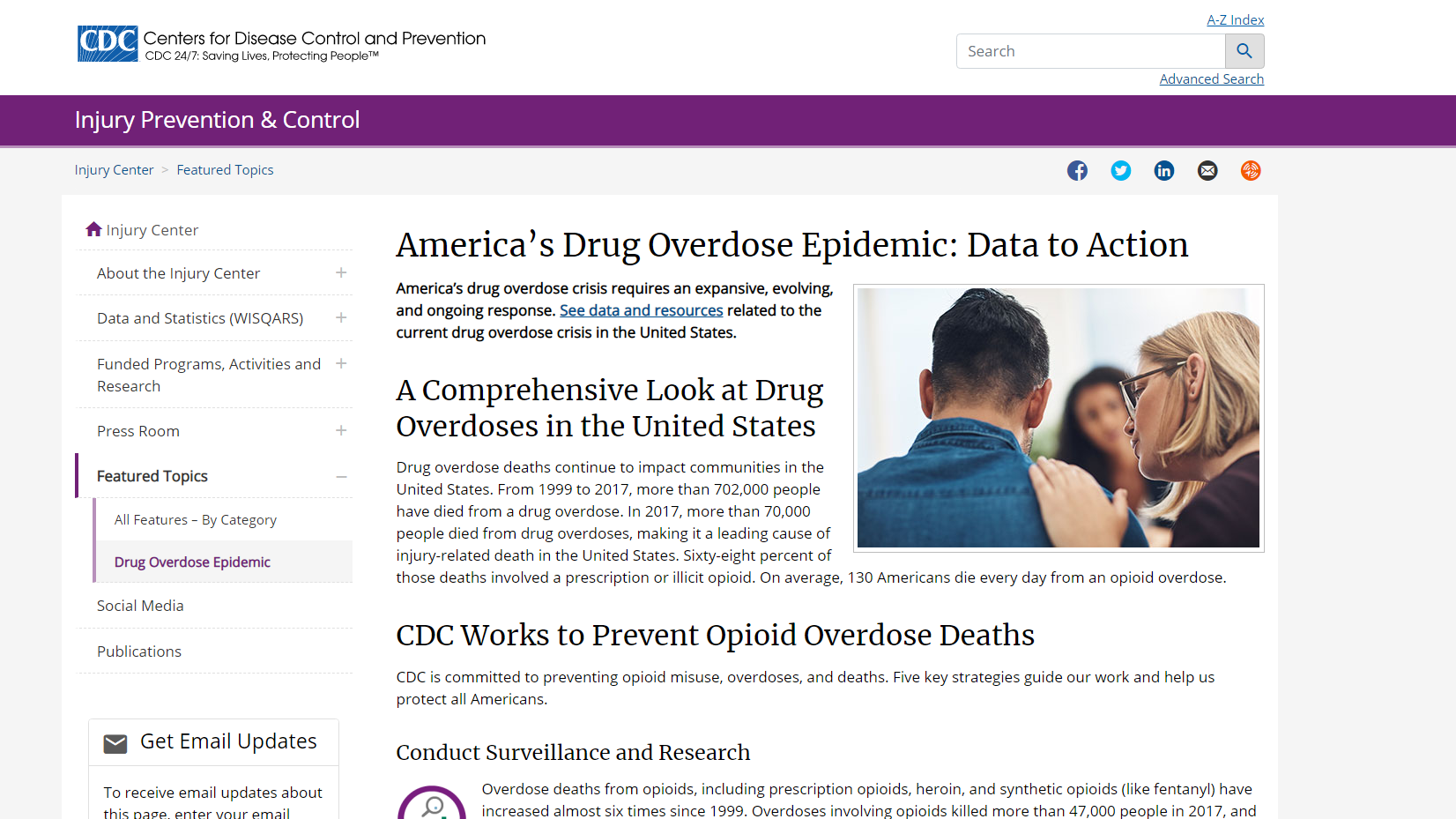
Editor's note: Stephen Ndegwa is a Nairobi-based communications consultant and international affairs columnist. The article reflects the author's views, and not necessarily those of CGTN.
U.S. President Donald Trump's recent dalliance with the now controversial hydroxychloroquine as an effective drug in the treatment of COVID-19 will re-ignite debate on the impact of big pharma in America's healthcare system.
The misinformation surrounding the malaria drug could have been ignored, were it not for Trump's long held affirmation that it was effective in fighting the new coronavirus. During a press conference last week, Trump said that he found no need to use a face mask in public as he was taking hydroxychloroquine.
The President gave hydroxychloroquine a clean bill of health, saying that it was the drug of choice for frontline health workers, who obviously come into close contact with coronavirus patients.
But on Monday, the heat seems to have become too much, as Trump said that he had finished taking his regimen of the hydroxychloroquine. He boasted that the drug did not harm him. In fact, he intimated it could be the reason for his continued well-being.
As early as March this year, the U.S. Centers for Disease Control and Prevention (CDC) was grappling with what it indicated was anecdotal prescription of hydroxychloroquine for COVID-19. On April 8, amid pressure from Trump for its endorsement, the CDC pulled down the "prescription" after criticism by medical experts.
This week, several European Union governments, including France, Italy, Belgium and the UK halted hydroxychloroquine trials for the treatment of coronavirus. Therefore, the question begs, why would Trump validate a drug that has been banned for the purpose by the world's leading health and medical authorities, including the World Health Organization, and America's Food and Drug Administration?
Two months ago, Trump and big pharma were on the spotlight again when the president tried to buy a coronavirus vaccine. The U.S. media criticized the shocking attempt, saying that it exposed the "profit-driven pharmaceutical innovation model", and "highlights the need for a drug industry that prioritizes the public interest over profit."
It is a convoluted scenario. But while it shows a high level of desperation and urgency to get a cure for the coronavirus induced socio-economic and political downturn, it is also symptomatic of America's "addiction" for medication. Wherein, then, the role of big pharma in America's healthcare system comes into sharp focus.
A recent article published by the CDC titled, "America's Drug Overdose Epidemic: Data to Action," gives a proper perspective of America's health crisis. According to the CDC, "America's drug overdose crisis requires expansive, evolving, and ongoing response."

Screenshot of the CDC's article.
Screenshot of the CDC's article.
In October last year, opioid manufacturers and major drug distributors – to pharmacies, hospitals and clinics – settled 260 million U.S. dollars for a lawsuit by two Ohio counties. The deal comprised cash compensation and donations of addiction treatments emanating from alleged complicity of America's big pharma, "in the epidemic of addiction that has killed hundreds of thousands of Americans."
Opioids are usually compared to narcotics like heroin. But medically the brands are prescribed by doctors for the treatment of severe or persistent pain, particularly chronic headaches and migraines.
These and other fines are negligible compared to the dumbfounding profits big pharma reaps. According to statistics, Americans spent 535 billion U.S. dollars on prescription drugs in 2018, marking an increase of 50 percent since 2010. The statistics show that between 2011 and 2015, the 40 percent to 70 percent drug price increases were slapped on the most prescribed medications.
In April 2014, a Forbes article, "America's Broken Health Care System: The Role of Drug, Device Manufacturers" published by Dr. Robert Pearl, stated that "Americans pay significantly more for prescription drugs and medical devices than patients in the rest of the world."
Experts are of the view that while there are several factors that contribute to the status quo, including paying for the high price of research and development, the pharmaceutical industry in America knows that patients have no choice but to pay for the high prices. Big pharma could be exploiting Americans' phobia for in-patient admission, which is several times expensive in the absence of a comprehensive medical insurance scheme for citizens.
The Patient Protection and Affordable Care Act of 2010, popularly known as Obamacare due to its association with former President Barrack Obama, has been fraught with opposition and controversy, rendering its effectiveness in offering universal health to Americans extremely difficult.
In 2017, Trump pushed through his own initiative, the American Healthcare Act, effectively superimposing Obamacare. This has left the ordinary American citizen exposed to an industry with an insatiable appetite for profit.
We may not understand at this point the apparently unholy alliance between Trump and the manufacturers of hydroxychloroquine, but little doubt that the profit motive was, as usual, the overriding factor in such a risky venture.
Ultimately, however, Americans might be safer and healthier with lifestyle changes that reduce the stress of modern day living, and reduce the sickness that thrives on the consumption of excessive fats and sugars, which are some of the major causes of ill health.
(If you want to contribute and have specific expertise, please contact us at opinions@cgtn.com)